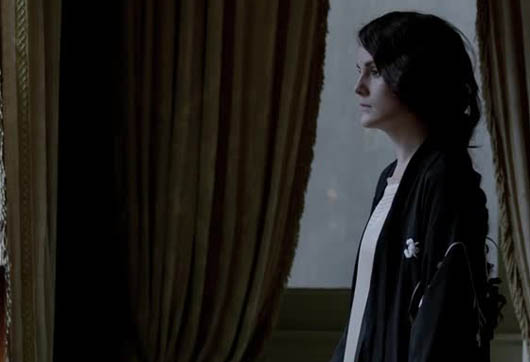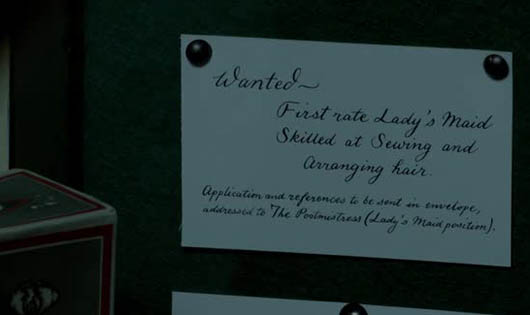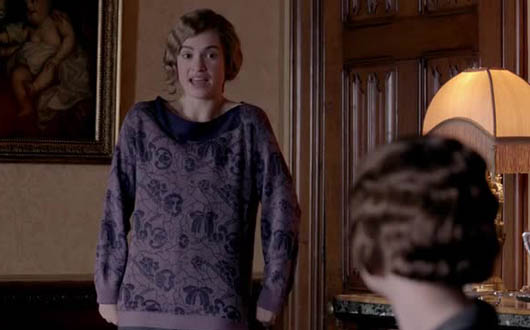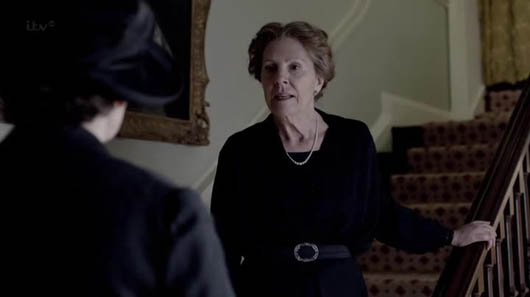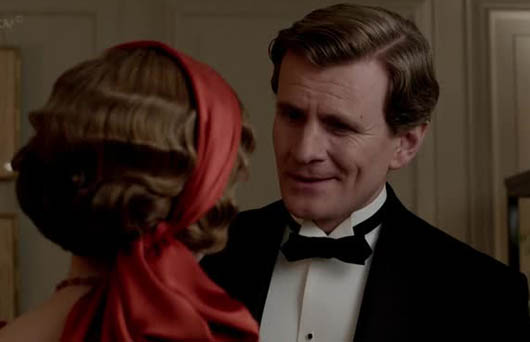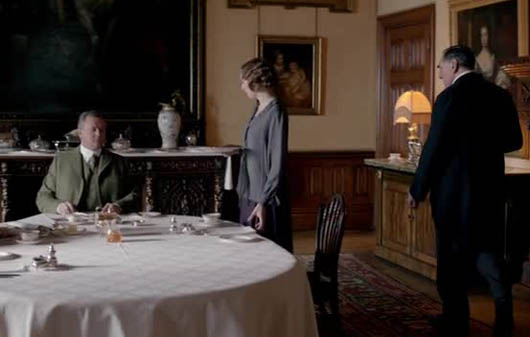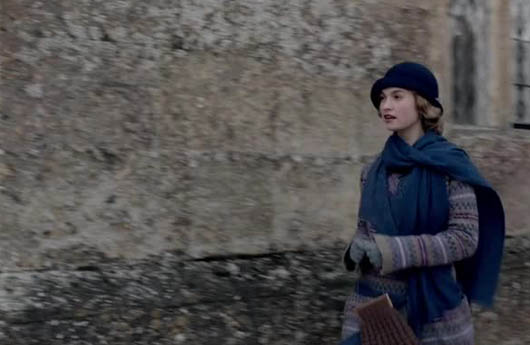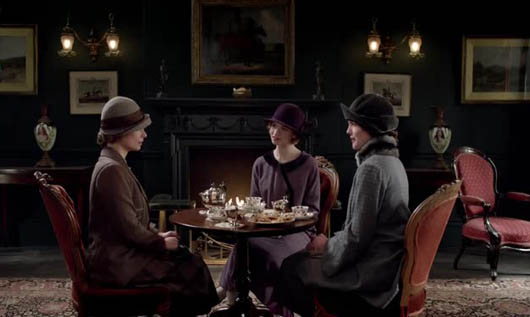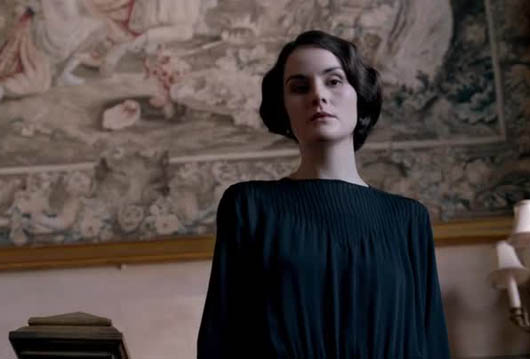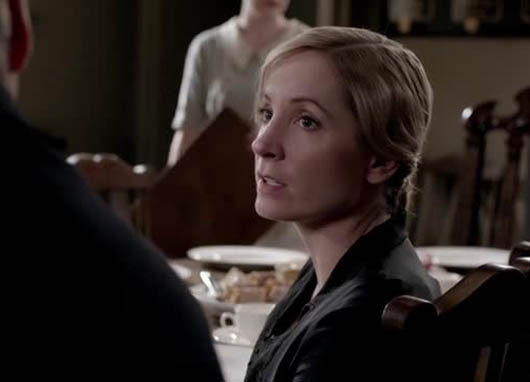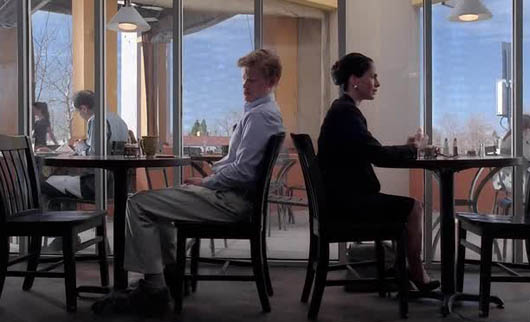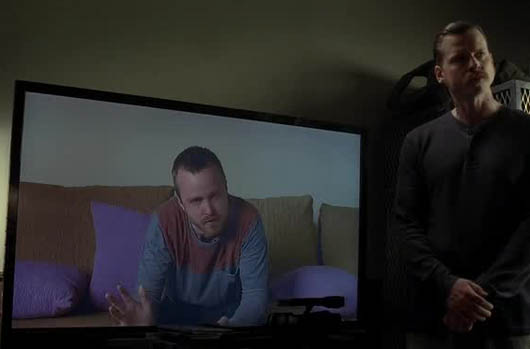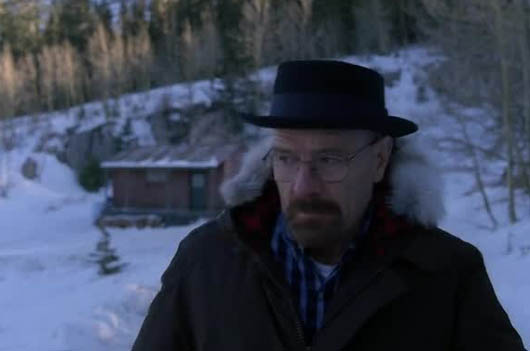 TV
TV In Which Julian Fellowes Destroys The Victorian Period For All Time
 Tuesday, March 22, 2016 at 12:37PM
Tuesday, March 22, 2016 at 12:37PM 
Completely Gilded and Insufferably Victorian
by ETHAN PETERSON
Doctor Thorne
creator Julian Fellowes
Martha Dunstable (Alison Brie) is an heiress in her early thirties. She is distinguished among her relatives and associates because she does not have an English accent. A suitor needing to replenish his family's fortunes, Frank (Richard McCabe) does not find her overly attractive or interesting, and he can't bring himself to hide his evident disgust. Julian Fellowes (Downton Abbey) is sick of all this shit now and he is moving to America.

By the end, Downton Abbey became something else than what was intended. Anthony Trollope's novel Doctor Thorne becomes something quite different from the original novel. In the grand tradition of the Robocop remake, the all female Ghostbusters and any current James Bond, the people involved with these projects seem to loathe the original inspiration for their existence.
Largely the contempt comes out of a dated view of women and minorities present in the original material. The insistence of the British television industry on greenlighting Victorian adaptation after Victorian adaptation means the only way to subvert these attitudes is from the inside. British audiences similarly seemed to grow bored by Doctor Thorne.

Doctor Thorne is actually one of Trollope's better novels, but you would not know it and this is maybe not saying very much. Fellowes has every single character except the titular one incriminate their very existence. Thorne's niece Mary (Stefanie Martini) alternately looks gorgeous or horrendous depending on how Fellowes was feeling on a given day. She is given even less agency as a character than any Austen heroine, and the plot mostly consists of her wandering into a bunch of money she does not deserve.

In order to make the events of Doctor Thorne a great deal more exciting than they actually are, Fellowes employs Ian McShane as a roguish baron who drinks himself to death. This occupys a great deal of time in the earlygoing, but soon Fellowes is forced to focus on Alison Brie, because nothing else going on attracts a great deal of interest. You would be completely forgiven for thinking this was a parody of Downton Abbey, if Fellowes did not have all his rich fops hurling insults at each other at every opportunity.
Casting Alison Brie in this morass is basically a blessing and a curse. On the one hand, her scenes are basically the only entertaining moments of Doctor Thorne despite Rebecca Front's efforts (in vain) to turn her economically devastated snob into a comedic centerpiece. Brie makes no effort to fit into this milieu whatsover, like if you cast Selena Gomez as a long lost Crawley sister.

Fellowes' next project is another period piece, for NBC. "I’m immersed in 1880s New York. What a wonderful city it must have been," he told Deadline recently. It seems a shame despite the success of his last project that he has been reduced to going even further back in time, now to the end of the 19th century in America. He has floated the idea of using a young Countess Dowager in this series, which ensures we will be seeing a white, upper class mien.
To truly represent New York City in 1880, you would have to focus on people of every class. Detailing the habits and attitudes of servants who reflect the poise (or lack thereof) of their masters quickly grows tiresome. We want to see how regular people live and lived, not the ones in mansions and estates.
Ethan Peterson is the senior contributor to This Recording.

"Death Grips" - Mason Jennings (mp3)
"Future King" - Mason Jennings (mp3)































